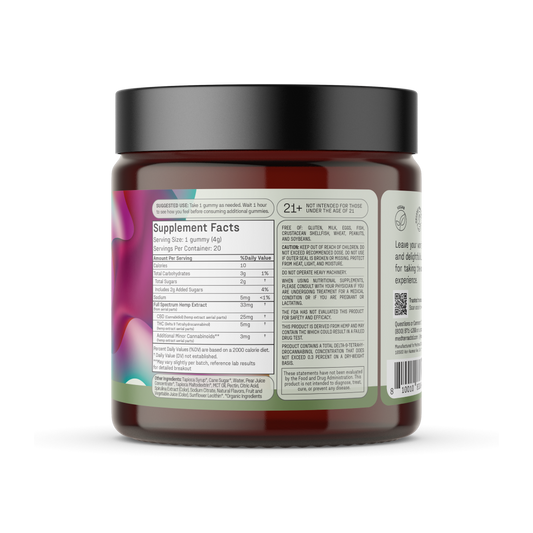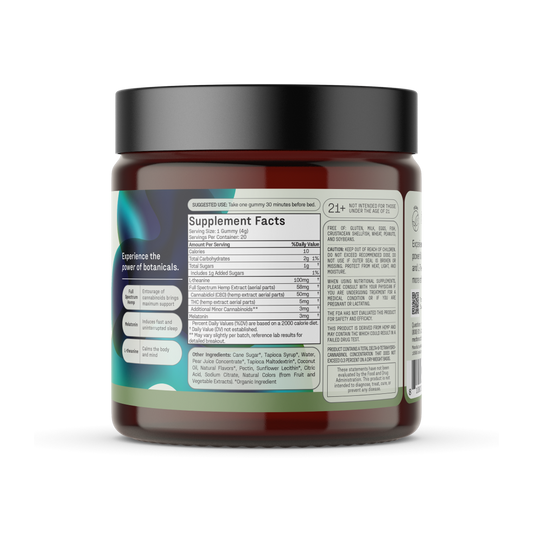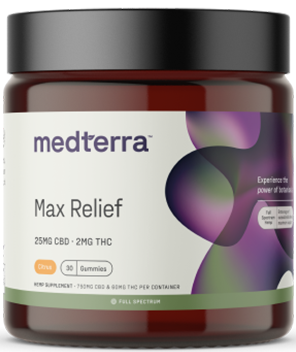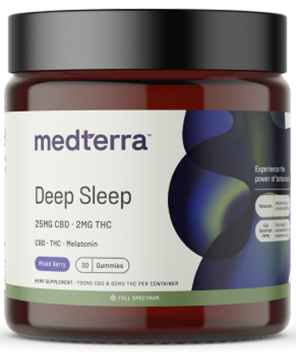The CBD industry and hemp farmers applaud Senate Majority Leader, Mitch McConnell for introducing the bipartisan Hemp Farming Act of 2018 to the Senate Floor. This could be a potential future for industrial hemps' contributions towards rural economic development. The legislation will also give the opportunity to allow hemp researchers to apply for federal grants from the U.S. Department of Agriculture and make insurance eligible for hemp farmers.
While new legislation introduced by Senate Majority Leader Mitch McConnell (R-KY) would not legalize marijuana for recreational or medical use, it would define hemp as an agricultural commodity and remove it from the Federal Controlled Substances Act and remove issues such as banking, insurance, and research around this resource.
It's time the federal gov changes the way it looks at #hemp, which is why Senator @RonWyden and I, along with @SenJeffMerkley, are introducing legislation that will modernize federal law in this area & empower American farmers to explore this promising new market.
- Leader McConnell (@SenateMajLdr) April 12, 2018US Senate Majority Leader, Mitch McConnell introduced a bill that would legalize industrial hemp, a form of cannabis that contains little or no psychoactive THC. The Hemp Farming Act of 2018 would remove industrial hemp from the federal Controlled Substances Act and remove issues such as banking, insurance, and research around this resource.
"As I've traveled across Kentucky, I've spoken with farmers, manufacturers, and small business owners," McConnell said on the Senate floor on Thursday. "Time and again, they shared with me their enthusiasm for hemp's potential to reenergize agricultural communities and provide a new spark to the US economy. This bill will help make that potential a reality."
Existing law prohibits U.S. farmers from growing hemp with more than 0.3% THC. At least 34 states passed legislation related to industrial hemp. State policymakers have taken action to address various policy issues - the definition of hemp, licensure of growers, regulation and certification of seeds, state-wide commissions and legal protection of growers. Some states establishing these programs require a change in federal laws or a waiver from the DEA prior to implementation.While hemp products such as food, clothing and other consumer goods are legal to sell in the U.S., cultivation of the plant is banned outside of the limited exemption for state research programs. Manufacturers must import raw materials from other countries that do not prohibit hemp farming.
Senator Merkley said, "It's past time that we move beyond these outdated and frustrating restrictions on hemp farming in the United States. If we're selling hemp products in the United States, we should be growing hemp in the United States - it's good for jobs, good for our communities, and it's just common sense." The Hemp Farming Act of 2018 builds upon the past successful bipartisan efforts by McConnell, Wyden, and Merkley who in 2014 helped legalize hemp pilot programs and in 2016, sought clarification for farmers after three federal agencies issued new guidance that conflicted with current laws governing the growing and selling of industrial hemp.














